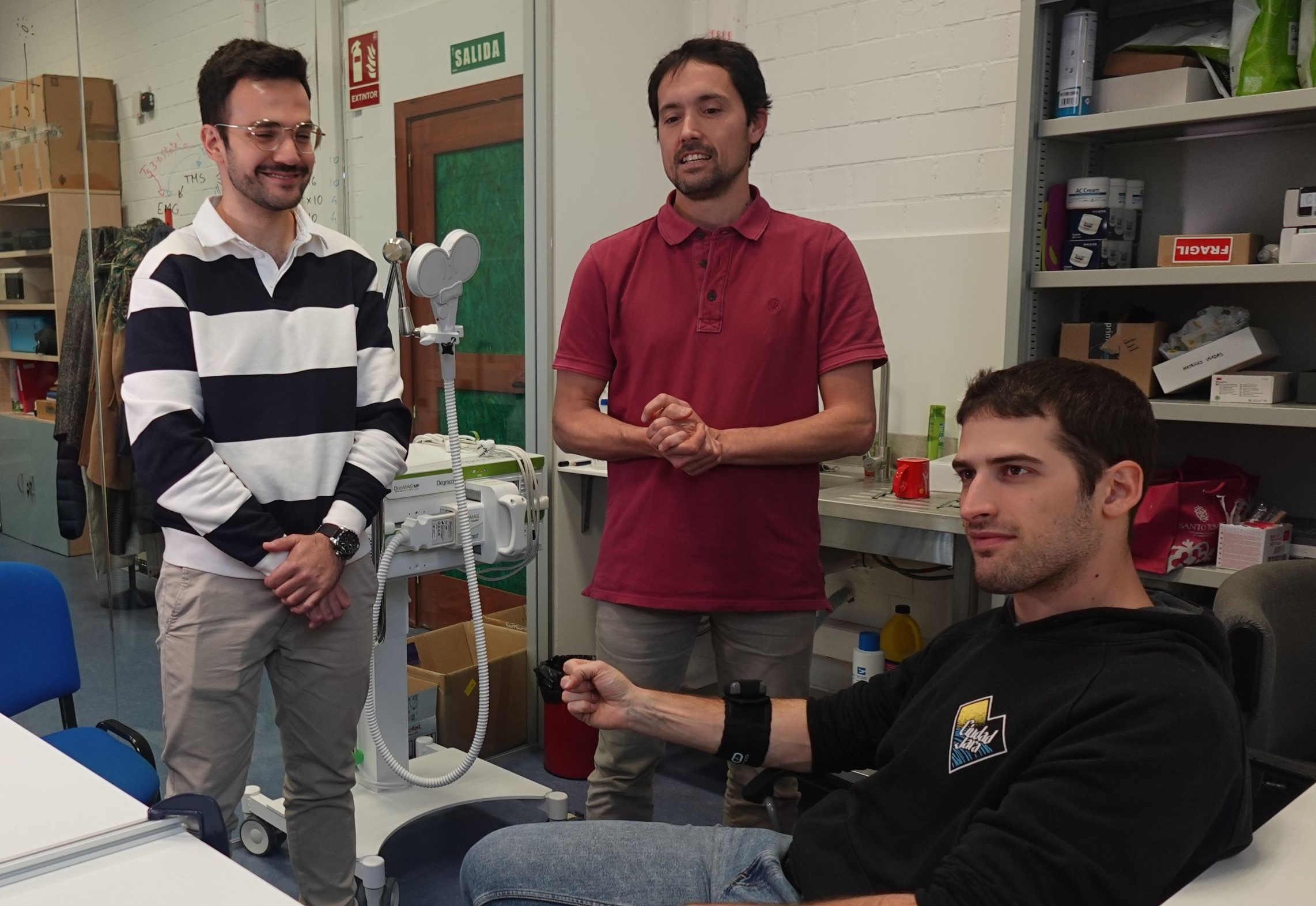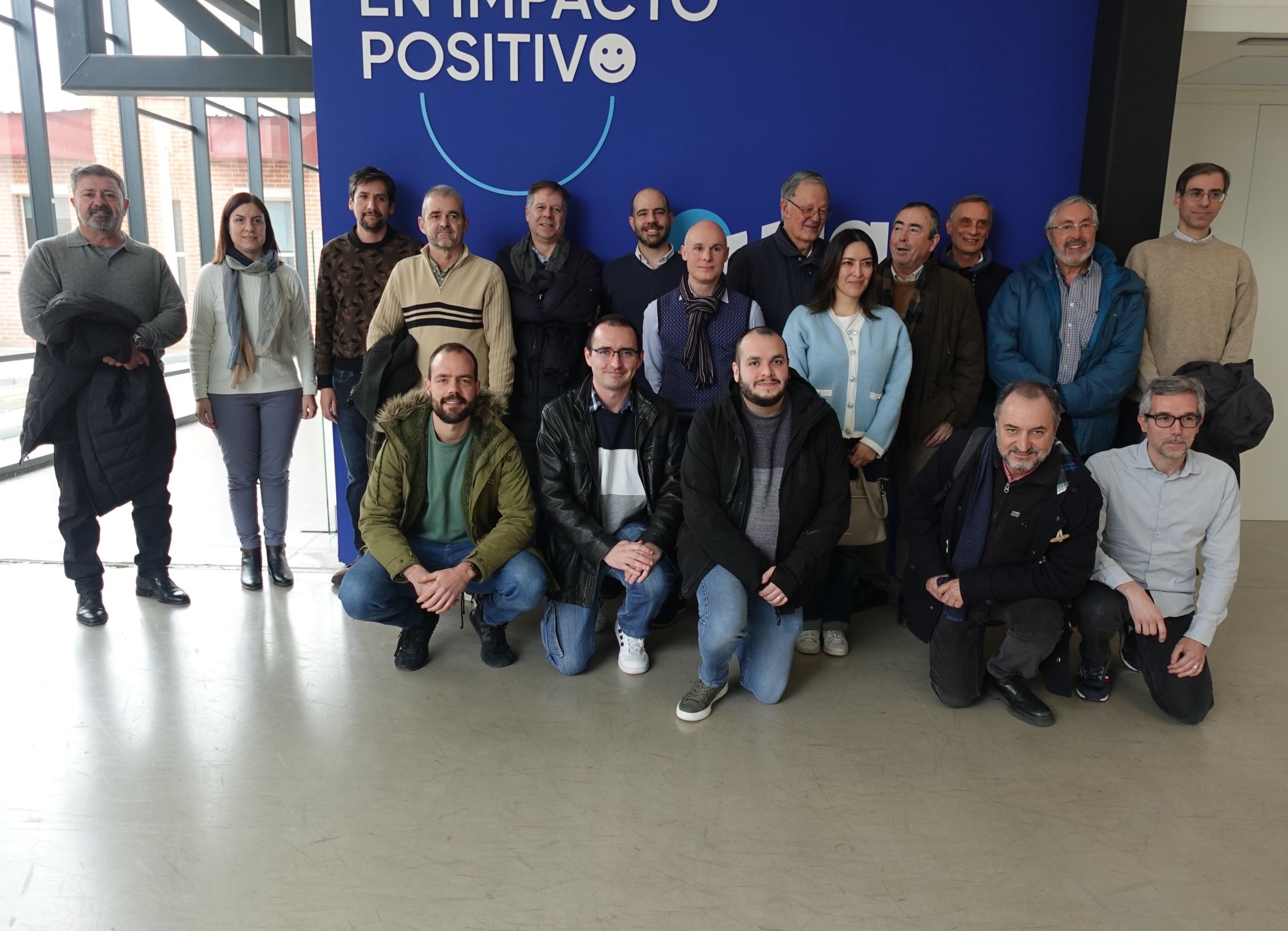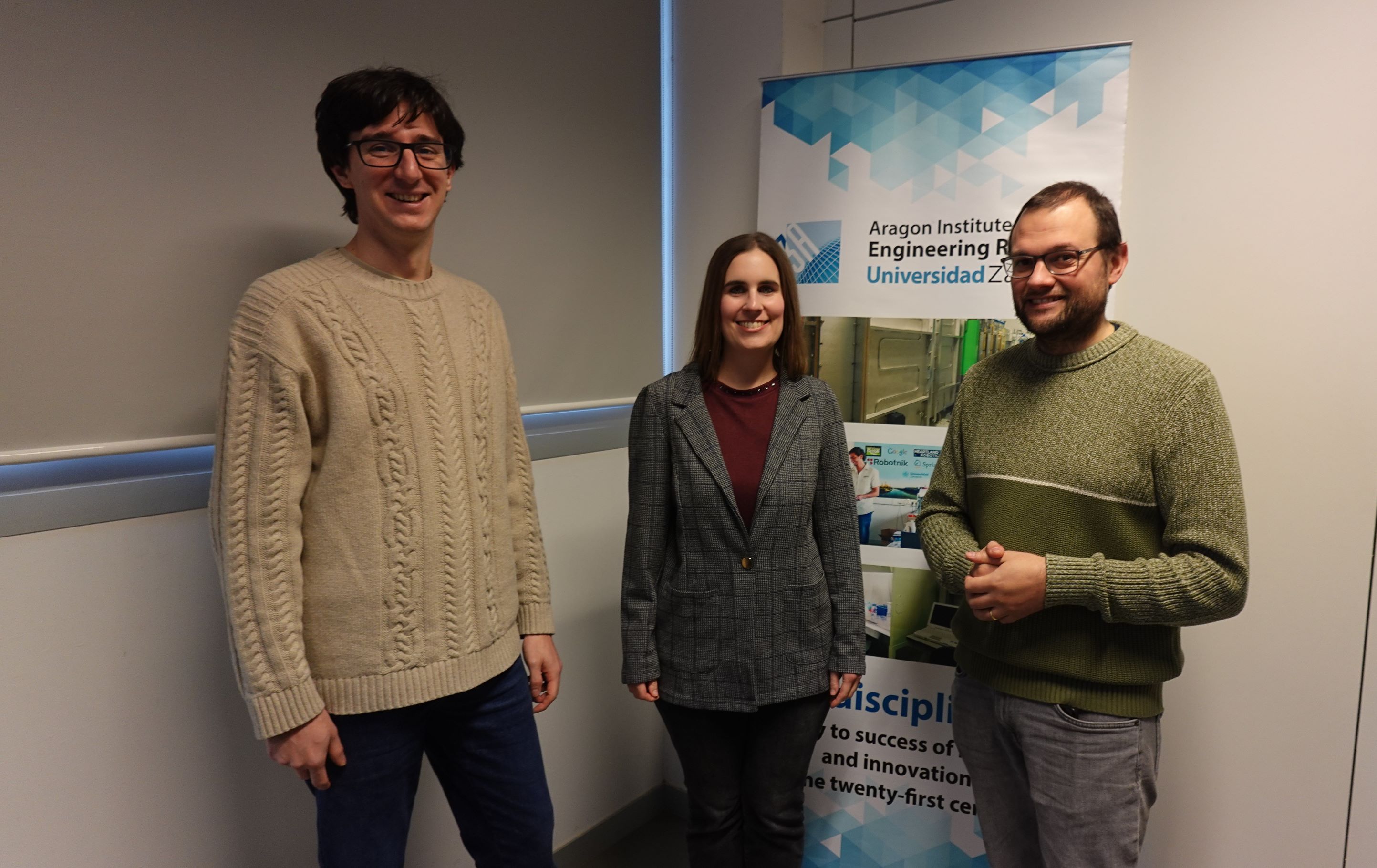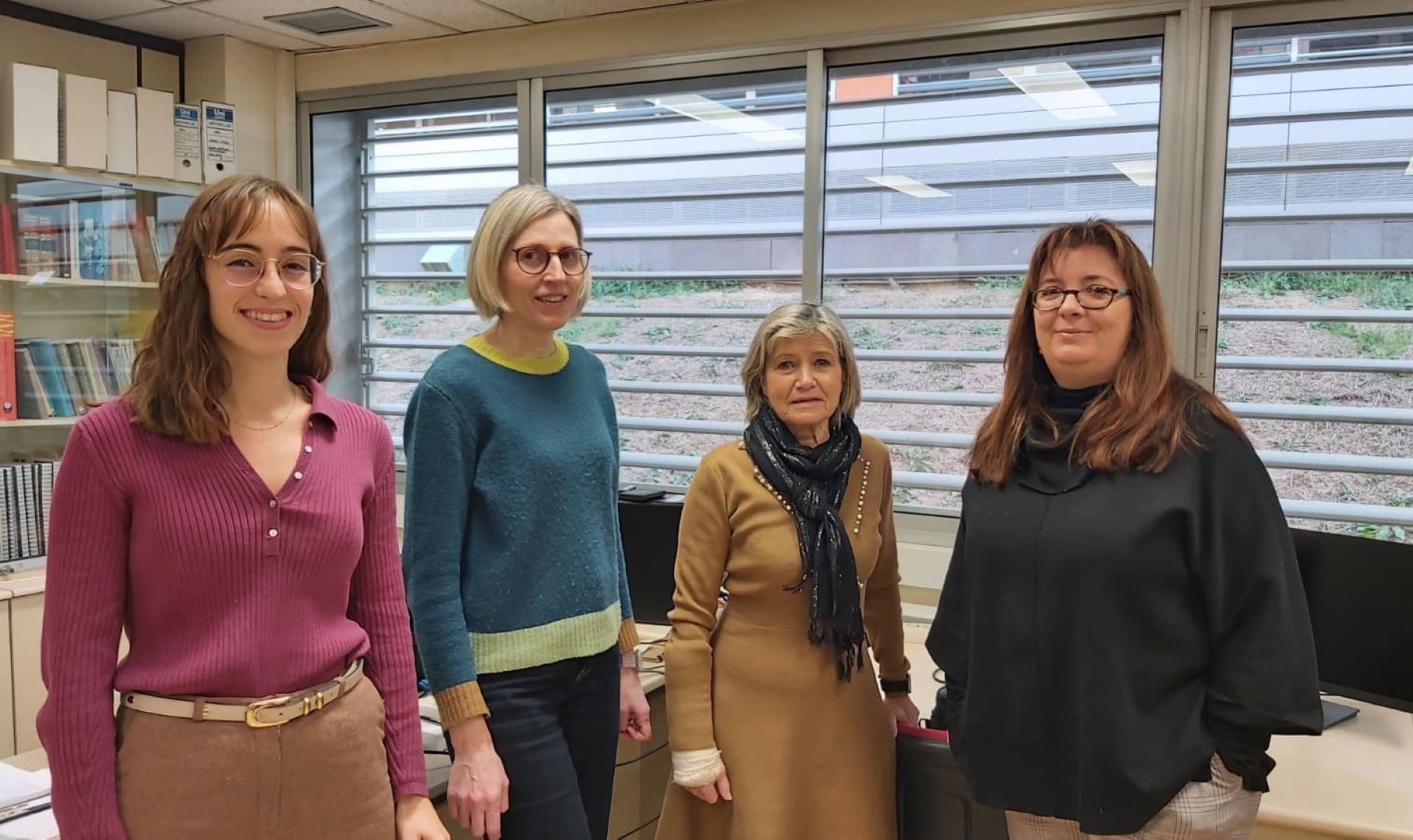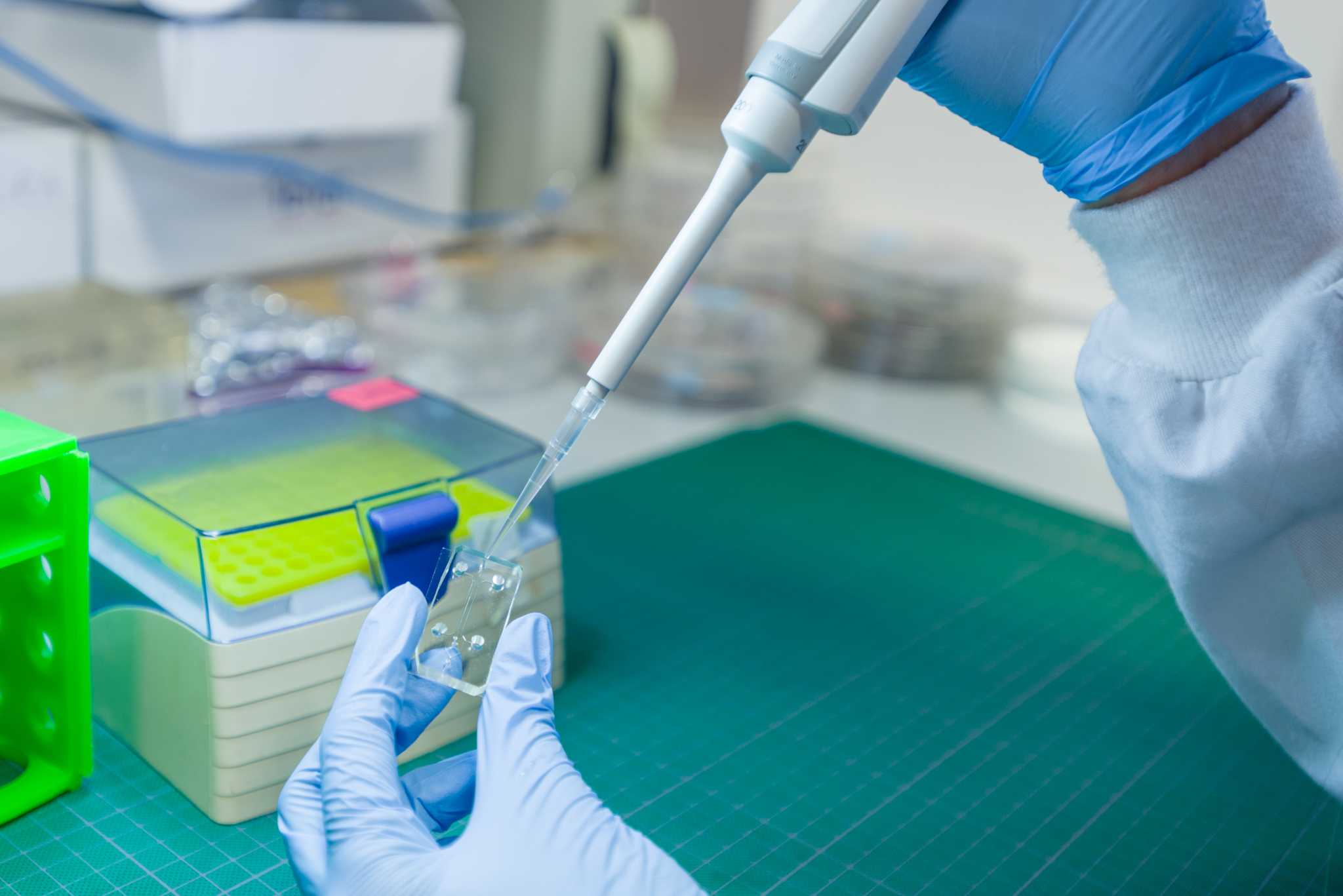
Analysing specific models of each patient to study health problems is the task of the Personalised Medicine Laboratory of the I3A, the Aragon Engineering Research Institute of the University of Zaragoza. "What we do is to adapt treatments to the specific patient, looking at what is wrong with them, their environment and their unique characteristics to provide personalised solutions," explains María Ángeles Pérez, deputy director of the I3A and coordinator of the Biomedical Engineering division.
Until now, most therapeutic processes have been standardised, i.e. they target patients based on the pathology they suffer from, without distinguishing between the individual characteristics of each person. Therefore, the efficiency of these processes varies depending on the age, sex or genes of each patient. The application of engineering to health opens up a field of research where it is possible to particularise not only the pathology from which the patient suffers but also the specific characteristics. All this can be achieved with multidisciplinary teams in which the most technological disciplines intervene together with clinical specialists from different health areas.
The Personalised Medicine Laboratory is committed to applying engineering to people's health in order to improve their quality of life. "We can help both the patient and the health system, bringing together all the actors who have the different knowledge and technologies and making them available to health can improve the treatment of many diseases," says María Ángeles.
The research groups work with simulation techniques, artificial intelligence, mathematical models and the processing of medical data and images. With this information they are able, for example, to reconstruct the patient's organs or simulate the behaviour of tissues and organs in order to obtain personalised knowledge of their possible dysfunctions.
It ranges from basic research to applied developments. Currently, more than 30 researchers are working on 12 projects in different scientific areas, among them:
- Tissue and cell mechanobiology and microfluidics
- Augmented Reality in physics for surgery
- Cardiac electrophysiology
- Electrocardiogram Risk Markers (ECG)
- Dried blood spot analysis (DBS)
- Artificial Intelligence Systems for diagnostics
- Digital twins
The lines of research underway are funded by various collaborations with industrial partners, as well as by competitive research projects financed by public funds. These include contributions from the European Research Council (ERC) through the European Union's Starting Grant, Marie Curie Actions and Horizon 2020.
The Personalised Medicine Laboratory is one of the eight Vanguard Laboratories of the I3A. It integrates the lines of research in which the Institute's groups stand out. It is a way of structuring all the innovative activity generated by the I3A, which has more than 400 researchers and 600 active projects.
The aim is to support and connect the biomedical engineering research community; develop research capacity in personalised medicine to address complex problems; drive new research challenges through collaborative research projects; promote knowledge transfer and facilitate training for students, academics, industry and the third sector. It also acts as a gateway for external organisations.
Personalised Medicine Projects
- CURABONE: It is a project that brings together the personalisation of different trauma treatments. It is responsible for designing and manufacturing customised implants through image-based technologies to create exact reconstructions of specific bones of the patient. http://curabone.unizar.es/
- PRIMAGE: Analyses tumour growth in childhood cancer with personalised diagnosis including analysis of genetic data. https://www.primageproject.eu/
- PROYECTO PROCANAID: The aim is to create a digital twin for the detection, diagnosis and prediction of the effect of prostate cancer treatments. Thanks to this project, it will be possible to achieve early detection of the disease. https://i3a.unizar.es/es/noticias/tres-proyectos-de-investigadores-del-i3a-impulsaran-la-transferencia-del-conocimiento-la
- BRAVE: It is a project to provide personalised functional support to damaged hearts. The biological ventricular assist device acts as a scaffold over the injured area and helps the heart cells to perform the contraction force necessary for pumping.. https://i3a.unizar.es/es/proyectos/brav3
- DBS: The aim is to develop clinical testing procedures that can be prepared by patients themselves at home and sent by post to improve the quality of life of chronically ill or mobility impaired people. http://dbs.unizar.es/
- MODELAGE ERC StG: Proposes a systems biology approach to characterise cardiac ageing. http://www.estherpueyo.com/erc-stg-grant/
- RADAR-CNS: It aims to develop new ways to monitor depressive disorder, epilepsy or multiple sclerosis using wearable devices and smartphone technology. https://i3a.unizar.es/es/proyectos/radar-cns
- CADBONE: They combine image processing, musculoskeletal modelling tools, finite element analysis and bone remodelling algorithms to make patient-specific predictions for bone treatments. http://cadbone.unizar.es/
- SMART INSOLES ECOSYSTEM: Working on creating a smart workforce to create value in health, sport and wellness markets. https://howlab.i3a.es/smart-insoles-ecosystem/
- MYGAIT: Uses data generated by smart templates to support Parkinson's disease treatment. https://howlab.i3a.es/mygait/
- ICoMICS ERC Adv: The aim is to create a virtual simulation platform to find out how therapeutic immune cells move and interact with cancer cells. https://i3a.unizar.es/es/proyectos/icomics
- CREDIBLE: Data assimilation for credible engineering simulations. The aim is to lay the foundations for a new generation of numerical tools for connected industry and autonomous devices. http://amb.unizar.es/projects/credible-project/
---------------------------------------------
Web: Laboratorios de Vanguardia
